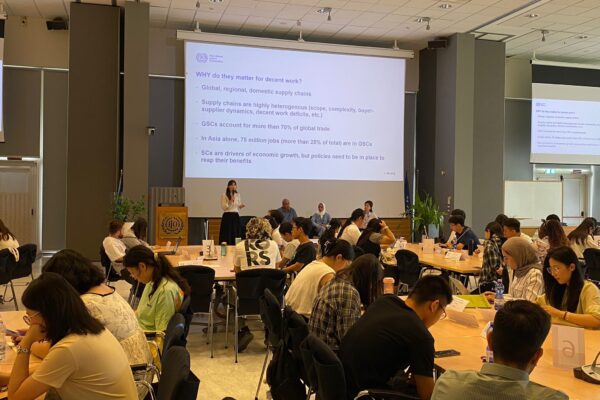
The documented good practices in South-South and Triangular Cooperation (SSTC) illustrate their transformative potential in addressing diverse developmental challenges. These initiatives span sectors like agriculture, health, infrastructure, environmental sustainability, and economic integration, highlighting innovative approaches, robust partnerships, and a focus on capacity building and knowledge exchange.
Each initiative aligns with one or more Sustainable Development Goals (SDGs), tackling issues such as poverty, food security, clean energy, decent work, and economic growth, demonstrating a commitment to advancing sustainable development through collaborative efforts. Peer learning and capacity building are central, with countries engaging in workshops, field training, and exchange visits to share experiences and best practices. Innovation is key, with projects establishing agricultural industrial parks, leveraging advanced e-commerce technologies, integrating renewable energy solutions, and using digital tools for market access and price information.
Effective collaboration among governments, international organizations, local communities, and private sector partners enhances these projects’ effectiveness and reach. Sustainability is ensured through local ownership, continuous capacity building, and integration into national policies, supported by local engagement, supportive policy frameworks, and ongoing financial and technical support. The initiatives yield significant economic and social benefits, including improved agricultural productivity, enhanced food security, better infrastructure, and regional connectivity, contributing to overall socio-economic development and quality of life improvements.
These practices are adaptable and replicable, with the potential to extend to other regions by considering local conditions and involving stakeholders in planning and implementation. Effective policy support and robust institutional frameworks are crucial for success, often involving policy dialogues and the establishment of supportive frameworks to align with national development goals. SSTC initiatives address global challenges like climate change, energy scarcity, and poverty alleviation, contributing to global efforts through cooperation and innovation.
Examples include the FAO-China-Uganda Agricultural Technology Transfer Project and the Madagascar Hybrid Rice Demonstration Center, which emphasize sustainable agricultural practices and capacity building for food security. Health initiatives like China’s medical and reproductive health cooperation with Africa improve maternal health outcomes and promote sustainable health systems. Infrastructure projects like the Mombasa-Nairobi Standard Gauge Railway and the China-Pakistan Economic Corridor enhance regional connectivity and economic integration. Environmental initiatives like the China-Ghana/Zambia Renewable Energy Technology Transfer Project and the Lake Victoria environmental initiative promote clean energy and conservation. Disaster risk management projects, such as the one in Malawi, strengthen local resilience to natural disasters.
These documented SSTC good practices underscore their extensive potential in promoting sustainable development through innovation, capacity building, sustainable practices, and multi-stakeholder collaboration. Their adaptability, replicability, and sustainability highlight their potential for lasting impact across diverse contexts, fostering a more inclusive and resilient global development landscape. Learn more.

